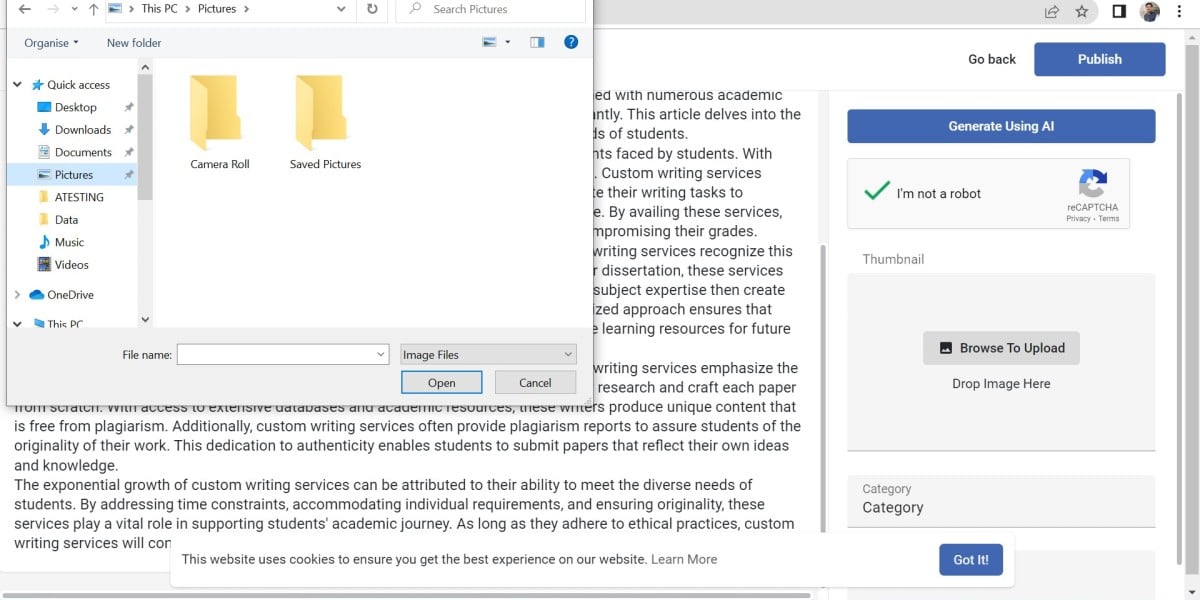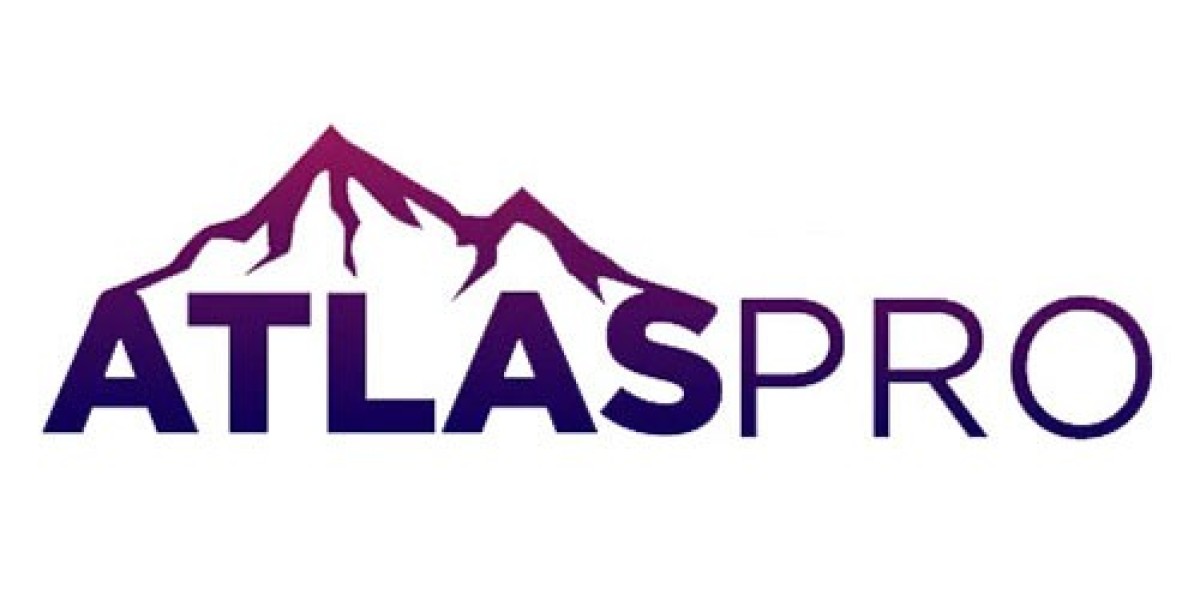In a world filled with constant information, diverse perspectives, and ever-changing circumstances, the ability to think rationally has become a crucial skill for navigating the complexities of life. Rational thinking is more than just a cognitive process; it's a mindset that empowers individuals to make sound decisions, solve problems effectively, and maintain a sense of clarity amid uncertainty. In this article, we will explore the importance of rational thinking and how it can positively impact various aspects of our lives.
Understanding Rational Thinking:
Rational thinking is a cognitive process that involves analyzing situations, considering evidence, and making decisions based on logic and reason rather than emotion or intuition alone. It encourages individuals to evaluate information critically, recognize biases, and approach problems with an open and objective mind. Rational thinkers seek evidence, weigh pros and cons, and strive to make informed choices that align with their goals and values.
The Benefits of Rational Thinking:
Effective Problem Solving: Rational thinking enables individuals to break down complex problems into manageable components. By approaching challenges with a systematic and logical mindset, one can identify potential solutions, assess their feasibility, and choose the most appropriate course of action.
Better Decision Making: Embracing rationality allows individuals to make decisions based on facts and analysis rather than being swayed by emotions or external pressures. This leads to more consistent and informed choices, minimizing the likelihood of regret and promoting long-term success.
Reduced Stress and Anxiety: Rational thinking encourages a balanced and realistic perspective, reducing the tendency to catastrophize or overreact to situations. This can contribute to lower stress levels, improved emotional well-being, and a greater sense of control in the face of challenges.
Enhanced Communication: Rational thinkers are better equipped to express their ideas clearly and listen to others without being swayed by emotional biases. This fosters constructive dialogue and effective communication, essential skills in personal and professional relationships.
Adaptability and Resilience: Life is full of uncertainties, and rational thinking equips individuals with the ability to adapt to changing circumstances. By focusing on facts and evidence, one can navigate uncertainties more effectively, building resilience in the face of challenges.
Cultivating Rational Thinking:
Develop Critical Thinking Skills: Practice questioning information, considering alternative perspectives, and evaluating evidence before forming conclusions. Critical thinking is a cornerstone of rationality.
Awareness of Emotional Biases: Recognize and understand your emotional biases. Be mindful of how emotions may influence your thinking and decision-making processes, and strive to maintain objectivity.
Continuous Learning: Stay curious and committed to learning. Expose yourself to diverse ideas, seek out new information, and be open to updating your beliefs based on evidence.
Practice Mindfulness: Cultivate mindfulness to stay present and focused. This can help you avoid unnecessary distractions and make decisions with a clear and calm mind.
Conclusion:
In a world where information overload and emotional influences abound, embracing rational thinking is a powerful tool for navigating the complexities of life. By honing this skill, individuals can make better decisions, solve problems more effectively, and approach challenges with resilience and adaptability. Rational thinking is not about suppressing emotions but about integrating them with logical analysis to achieve a more balanced and enlightened perspective on the journey of life.



